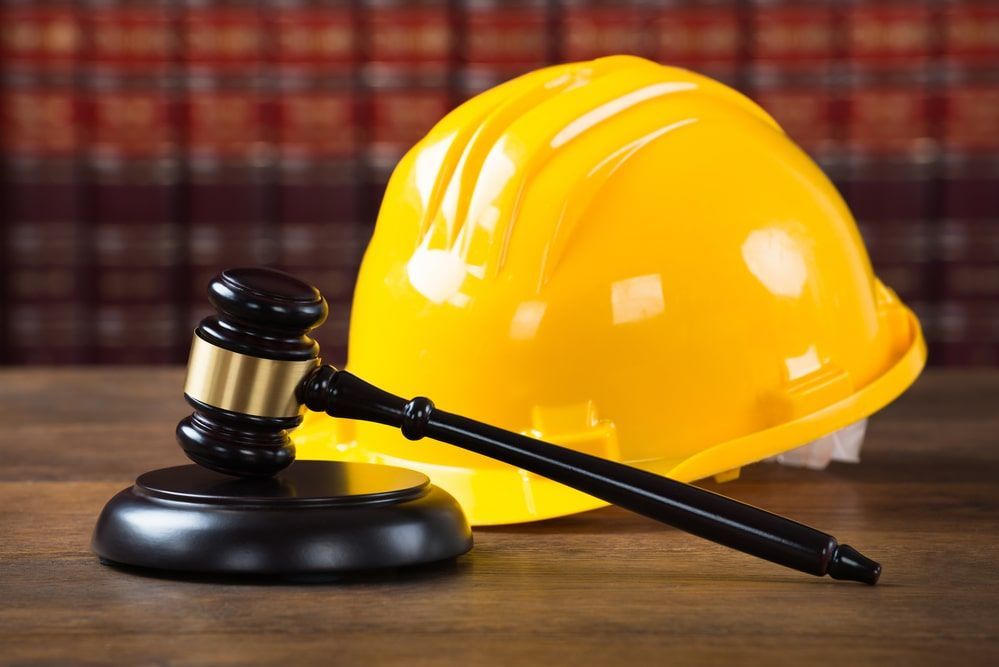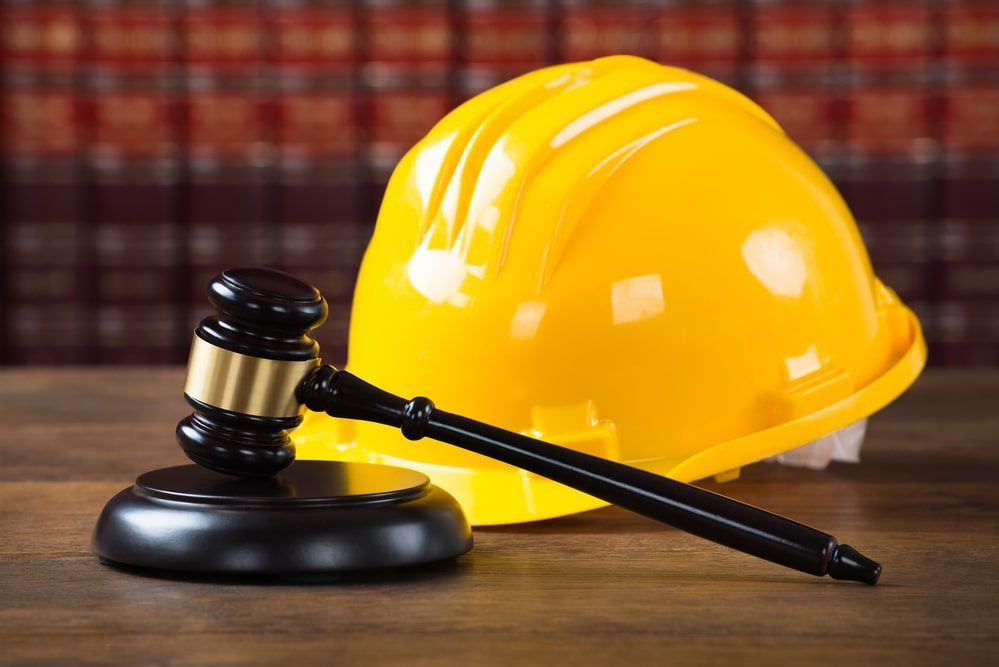What is Substantial Compliance in Florida?

“Substantial compliance” is a term frequently used in contract law in Florida and other states.
Under Florida construction law, the term generally refers to a situation where work has been completed to a good enough standard to not constitute a breach of contract.
For construction projects, there is a recognition that “close enough is good enough” when it comes to the completion of work and if one party makes a firm effort to comply fully with their obligations, this should not be penalized.
The concept of substantial compliance helps to avoid disputes. It doesn’t cover poor, inaccurate, or shoddy building work — and certainly does not excuse the abandonment of a project — but it does afford some leeway for contractors and sub-contractors in contractual disputes with property owners, for instance.
Here’s what else you need to know about substantial compliance, substantial completion, and breach of contract.
Failure to abide by a contract
If an owner sues a contractor for breach of contract due to the failure to satisfactorily complete work and the contractor argues “substantial completion,” the Florida courts will primarily consider whether the owner can use the property for the purpose intended.
While a certificate of occupancy might seem like adequate proof that the property is being used for its intended purpose, builders and sub-contractors should not rely on this alone, and it’s best to seek legal advice on how best to prove “substantial compliance” for construction law.
If it is shown that the sub-contractor cut corners or abandoned a project before it had been completed to the satisfaction of the project owner, this is asking for trouble. The owner or general contractor is likely to claim purposeful non-completion or failure to abide by a contract, which will defeat a defense of substantial completion unless a strong counterargument can be made.
Under Florida construction contract law, general contractors must ensure that subcontractors fulfill their duties. A failure to adequately supervise subcontractors often means that the general contractor cannot successfully claim substantial completion.
Why is the date of completion important?
Disputes often arise between owners and builders over substantial completion, especially if no specification is made in the contract of when substantial completion occurs.
For builders and contractors, it’s important to know the substantial completion date. After that date, the threat of having to pay damages or other financial obligations, such as payment of utility bills or penalties for delays passes.
The date of substantial completion also often affects the deadlines for payments to subcontractors, filing liens and calculating the length of guarantees and warranties.
Strict compliance vs. substantial compliance in Florida
The concept of strict compliance in construction law means that the parties must comply with all of the formal terms of the contract and almost any failure will demonstrate a lack of compliance.
For instance, if the scope of work changes or delays or interferences occur that affect a contractor’s ability to meet every detail of the project, strict compliance can affect the ability to make a claim.
If the contractor needs to claim for extra time or costs incurred by the change of scope to the project, Florida has traditionally been one of the states that require “strict compliance” with the claim notice provisions for a contractor to successfully claim.
That said, substantial compliance is increasingly used as the standard in Florida constriction law, as in many other states. This may be enough to cover a contractor in many instances.
Nevertheless, construction contractors should aim to comply with every requirement of the contract and not necessarily rely on a substantial compliance argument. Contractors should also seek legal advice about their specific situation if they need to make a claim or defend their actions within the context of a construction contract.
For help with construction contract law of any kind in Florida, call Bennett Legal Group today at 407-734-4559 to arrange a free consultation. Alternatively, complete a short form and let us know the nature of your issue.
The post What is Substantial Compliance in Florida? appeared first on Bennett Legal Group, P.A..

















